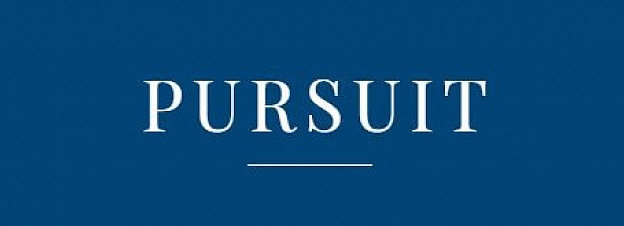
Events
Melbourne Sustainable Society Institute at the University of Melbourne
Featured events
IWD 2026 Panel Event: Balance the scales
Join us in celebration of International Women’s Day to listen to a panel of Indigenous female leaders as they respond to the International Women’s Day 2026 theme, “Balance the Scales”, followed by audience Q&A.
Balance the Scales is a promise that every woman and girl – regardless of background or identity – should be safe, heard, and free to shape their own lives.
Yet in 2026, too many across Australia and the world are still denied that fair go. Discriminatory laws, policies, and practices persist. Gender-based violence remains widespread, and structural barriers block too many from seeking or receiving justice.
These barriers are not inevitable. They are built – and they can be dismantled.
Equality is not about advantage for some; it’s about dignity, safety, and fairness for all.
When women and girls stand equal, families are stronger, workplaces are fairer, communities thrive, and society becomes safer for everyone.
This International Women’s Day let’s Balance the Scales together.
Date: Tuesday 3rd March 2026
Time: 2.30pm Afternoon tea refreshments | 3pm - 4pm Presentations
Venue: Q230 Theatre
Level 2, Kwong Lee Dow Building (Building 263)
234 Queensberry St, Carlton.
ACCESSIBILITY
If you have any support requirements in order to participate fully, please let us know via educationevents@unimelb.edu.au to ensure that we can arrange any reasonable adjustments.
Documentary screening: Ablaze
Join us for a special screening of Ablaze, the acclaimed documentary by University of Melbourne Pro Vice-Chancellor (Indigenous) Dr Tiriki Onus. The film tells the true story of the first Aboriginal filmmaker, William ‘Bill’ Onus.
A live Q&A will follow, offering rare insight into the film’s creation and impact.
Ablaze tells the story of Bill Onus, a Yorta Yorta and Wiradjuri man from Victoria, a truly heroic cultural and political figure who revived his people’s culture in the 1940s and ignited a civil rights movement that would, against enormous odds, change the course of history.
Through rare archival footage, state-of-the-art animation, vividly created digital motion graphics and eye-witness accounts, Ablaze is the compelling tale – part detective story, part contemporary opera – of how Bill and supporters brilliantly orchestrated their campaign for equality through performance, entertainment, film and sheer audacity outsmarted mighty forces seeking to destroy Indigenous cultures, languages, and communities. (2022)
Accredited – Umbrella Entertainment
A feature documentary about opera singer Tiriki Onus who finds a 70-year-old silent film believed to be made by his grandfather, Aboriginal leader and filmmaker Bill Onus. As Tiriki travels across the continent and pieces together clues to the film’s origins, he discovers more about Bill, his fight for Aboriginal rights and the price he paid for speaking out. (2022)
Accredited - The Screen Guide
Registration is essential for this event so please present your ticket on arrival.



